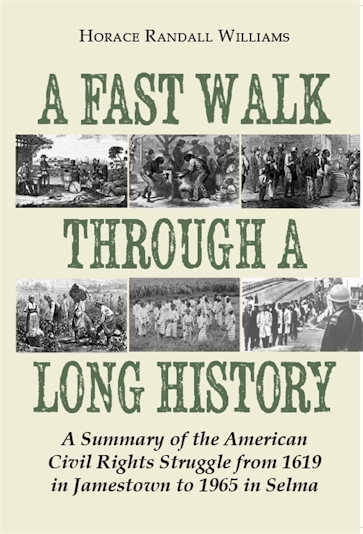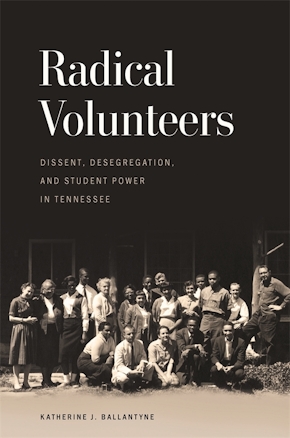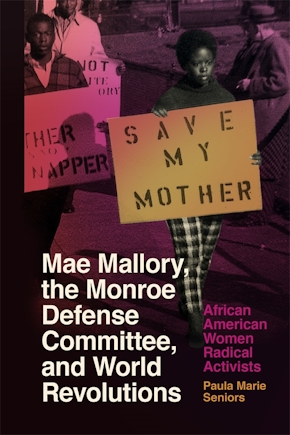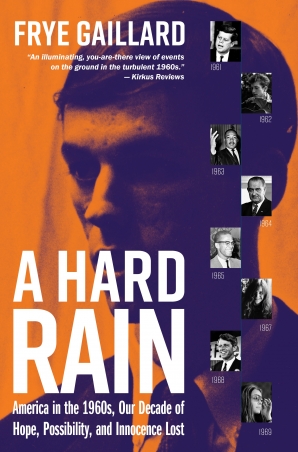A Fast Walk Through a Long History
A Summary of the American Civil Rights Struggle from 1619 in Jamestown to 1965 in Selma
Title Details
Pages: 36
Trim size: 5.500in x 8.500in
Formats
Paperback
Pub Date: 01/01/2018
ISBN: 9-781-6030-6434-7
List Price: $7.95
Imprint
NewSouth BooksRelated Subjects
POLITICAL SCIENCE / Civil Rights
POLITICAL SCIENCE / Political Freedom
HISTORY / United States / State & Local / South (AL, AR, FL, GA, KY, LA, MS, NC, SC, TN, VA, WV)
A Fast Walk Through a Long History
A Summary of the American Civil Rights Struggle from 1619 in Jamestown to 1965 in Selma
Skip to
- Description
A Fast Walk Through a Long History is a brisk but richly informative retelling of our civil rights history, originally prepared for inclusion in History Refused to Die: The Enduring Legacy of the African American Art of Alabama (Tinwood Books, 2015). In just 8,000 words, the essay presents a powerful telescopic view of the legacies of slavery and segregation, which the author traces back to back to the arrival of the first enslaved Africans in Jamestown, Virginia, in 1619. These first African Americans—literally—may have had status somewhat similar to European indentured servants already in the colonies, but soon the Africans’ skin color and the greed for cheap labor would consign them and their descendants to chattel slavery until the end of the Civil War. Post-war Reconstruction brought a brief moment of hope for equality, but these hopes were dashed by white supremacist terrorism abetted by politics and economics. Then followed a century of Jim Crow segregation, which was finally overcome—legally at least—in the 1950s and 1960s. The victories of civil rights and voting rights were the result of decades of black-led organizing, resistance, legal actions, and activism in communities across the nation but especially in the Deep South states. Alabama was at the center of this movement from 1955 to 1975. No brief essay can provide a comprehensive understanding of the African American freedom struggle, but A Fast Walk Through a Long History offers its readers a helpful perspective on the interconnectedness of the signal events, which continue to shape our national identity even today.



